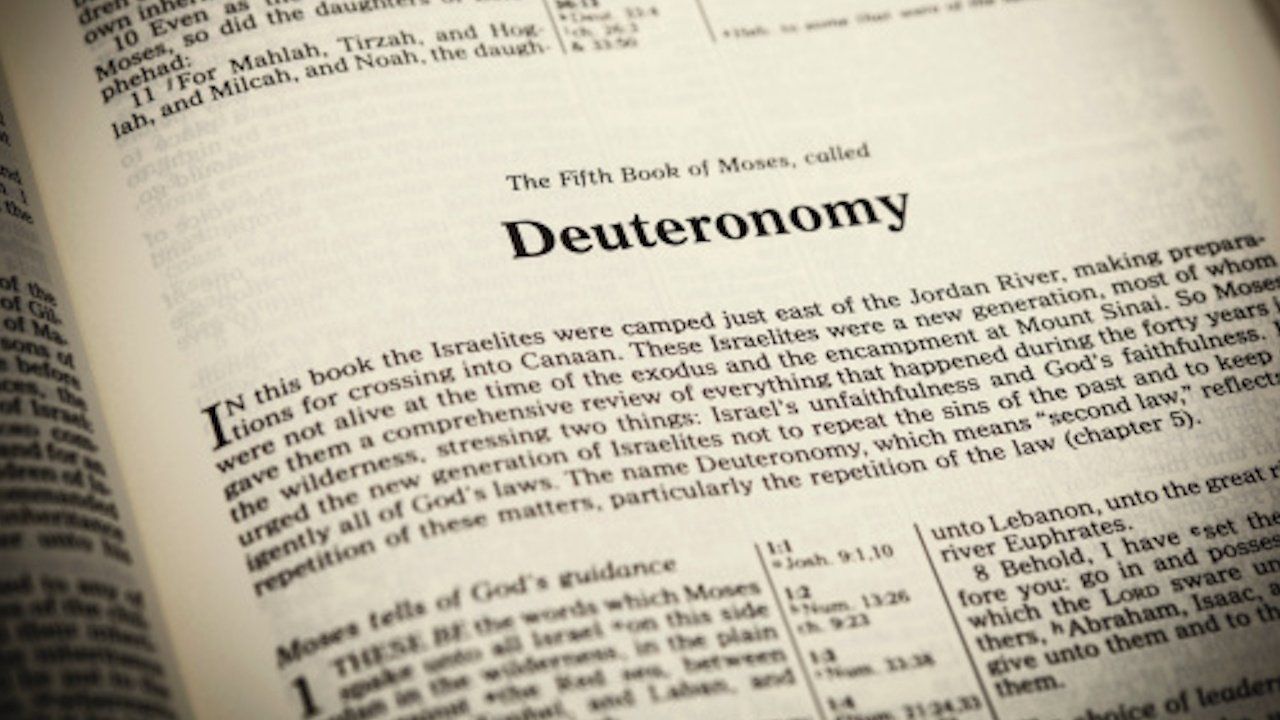IN “THE ILIAD, or the Poem of Force,” Simone Weil manifests an energy that rises to meet the heroes of the poem that she admires. Here we encounter the agitation that seems to have driven her to an early grave. We are also forced to contemplate the musings of a Jewish soul flitting about the no-man’s land that exists somewhere between the assimilated agnosticism of her parents and the Christ of the Church that posed at once a choice so inviting and so grim. Christians owe a great deal to this “stranger in our midst” for forcing us to come face to face with Jesus, the victim of our petty power plays, as displayed in these anticipatory echoes of the Gospel. Furthermore, we are given the opportunity to recognize in the Iliad
many pagan types of Our Lord and His sufferings.
Unfortunately, Weil demonstrates a blindness to the whole testimony of the Old Covenant, and I can’t help but wonder if her failure to appreciate the faith of her own Jewish people in the First Covenant presented a stumbling block to her being baptized into the New. I am referring to her reduction of the entirety of the Hebrew Bible to one theological principle: “With the Hebrews, misfortune was a sure indication of sin and hence a legitimate object of contempt ….. And no text of the Old Testament strikes a note comparable to the note heard in the Greek epic, unless it be certain parts of the book of Job.”
The result is astonishing. The Old Testament proves to be a lousy source for messianic typologies, and the only legitimate prophecies are to be found in this pagan, Greek epic.
Weil is correct, at least in part. What has come to dominate her vision of the Hebrew Bible is in fact its fundamental framework, what scholars term “deuteronomistic theology.” An oversimplified definition that I often offer my students is that for the Book of Deuteronomy and the schools of wisdom that studied it, a black and white, this-worldly principle operates: obeying God’s Law is rewarded with material blessing, and disobedience is punished with curses. A quick glance at Deuteronomy 28 provides a brisk introduction to this perspective. (It is perhaps not surprising to discover that preachers of the “prosperity gospel” are overly fond of Deuteronomy).
Maybe you, like I am, are tempted to rush to argue with Weil that there are other voices in the Old Testament that provide a far more nuanced theology when they are all heard together. But first of all, it is imperative to defend Deuteronomy. Thanks be to God that He has revealed far more than this book and those that develop along the same lines. But we must also affirm what is revealed in the blessings and curses that our post-enlightenment, hyper-critical hubris is tempted to reject as an initial but failed foray into moral theology by our benighted spiritual ancestors. No. Read these words in the lonely quiet, and you will know them to be true:
Deut 28: 15
If you will not obey the voice of the Lord your God or be careful to do all his commandments and his statutes which I command you this day, then all these curses shall come upon you and overtake you. …. 19
Cursed shall you be when you come in, and cursed shall you be when you go out.
Does not all human experience testify that the greatest miseries are a result of breaking God’s commandments? I am not referring to the material signs of blessing and cursing that immediately grab our attention, addicted as we are to sensuality. No, the greater blessings of human relationship, authentic success in one’s vocation, true freedom from the slavery to the idols foisted upon us by our culture, and greatest of all, the bliss of peace with the Creator are all protected by God’s commandments. As I grow older, I become more and more convicted of this truth: God’s Law will not make me rich, but it will make me happy.
But let us concede with Weil that the message of Deuteronomy is a precarious one. She mentions Job, although seemingly reluctantly. In fact, Job’s three friends are each mouthpieces of a naïve deuteronomistic theology, and the author boldly condemns their false reading of Torah when he has the Lord rebuke Eliphaz by saying, “My wrath is kindled against you and against your two friends; for you have not spoken of me what is right, as my servant Job has.” Placing this together in a library with Deuteronomy is a remarkable, perhaps unequaled exhibition of self-awareness for any religious text.
There is more. The true types of Christ are men like righteous Jeremiah, the weeping prophet, who more than any of his countrymen suffers the outrages of the impending exile, and who suffers most of all at the hands of his fellow Jews. Or what of Hosea, commanded by God to demonstrate covenant faithfulness to a whore? The suffering types accumulate, and threaten to overwhelm us. The persecutions of Antiochus IV, a son of the arrogant Greeks if there ever was one, bring a special poignancy to the inadequacies of Deuteronomy to fully articulate the terms of God’s covenant duties to us. The doctrine of the resurrection emerges in its richest splendor as a result of attempting to work it all out.
Daniel 12: 1
There shall be a time of trouble, such as never has been since there was a nation till that time; …. 2
And many of those who sleep in the dust of the earth shall awake, some to everlasting life, and some to shame and everlasting contempt. 3
And those who are wise shall shine like the brightness of the firmament; and those who turn many to righteousness, like the stars for ever and ever.
Matthew Umbarger
is an Assistant Professor of Theology at Newman University who specializes in Old Testament Interpretation.










